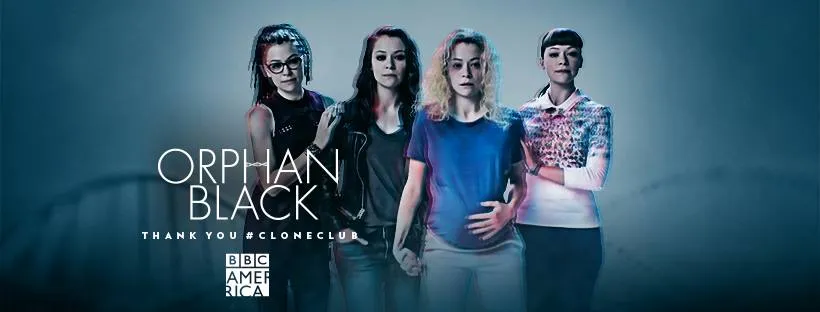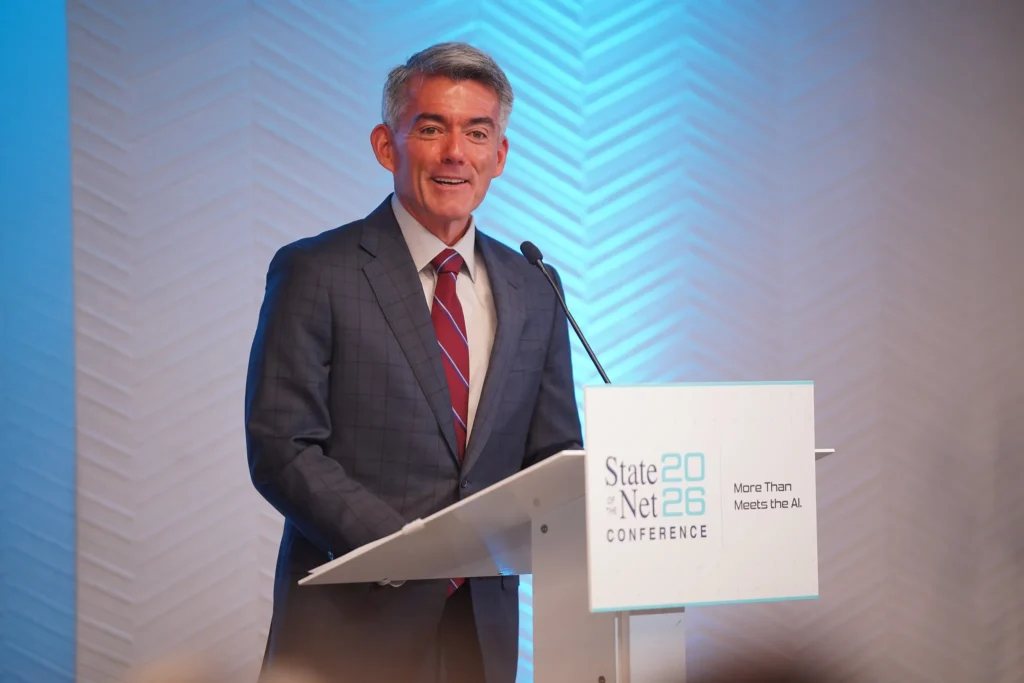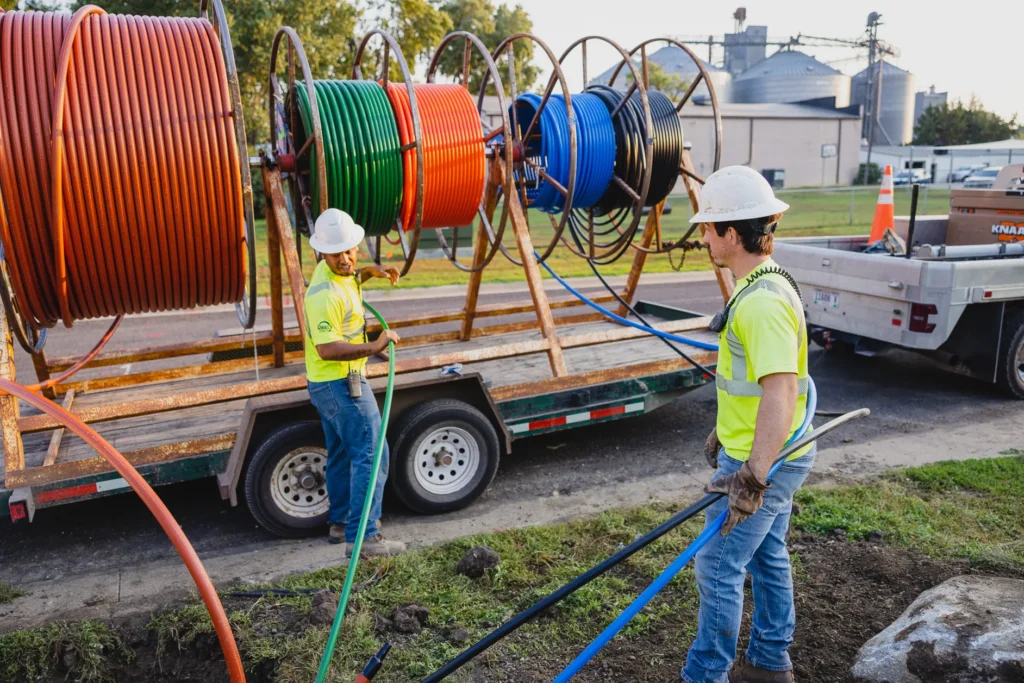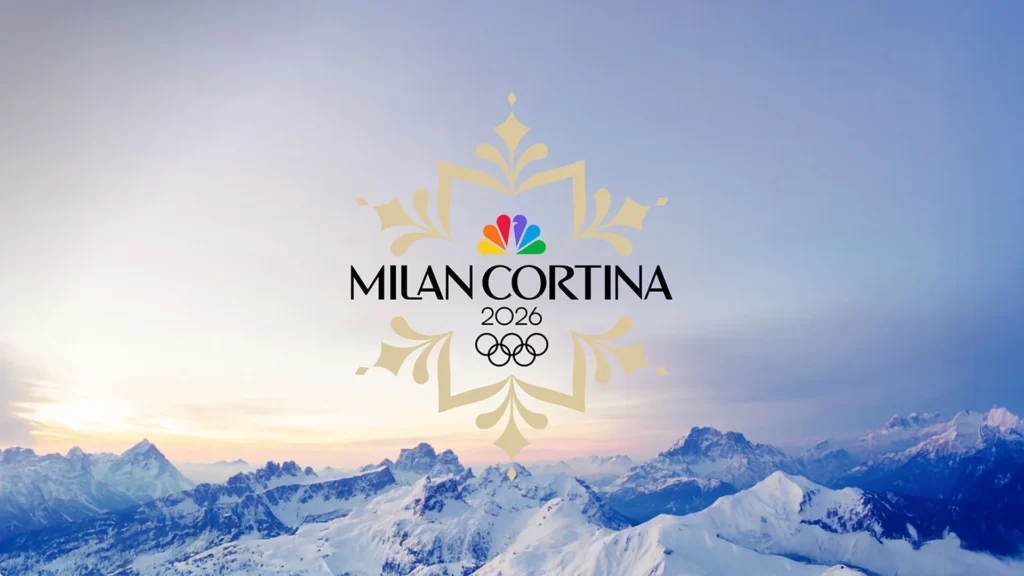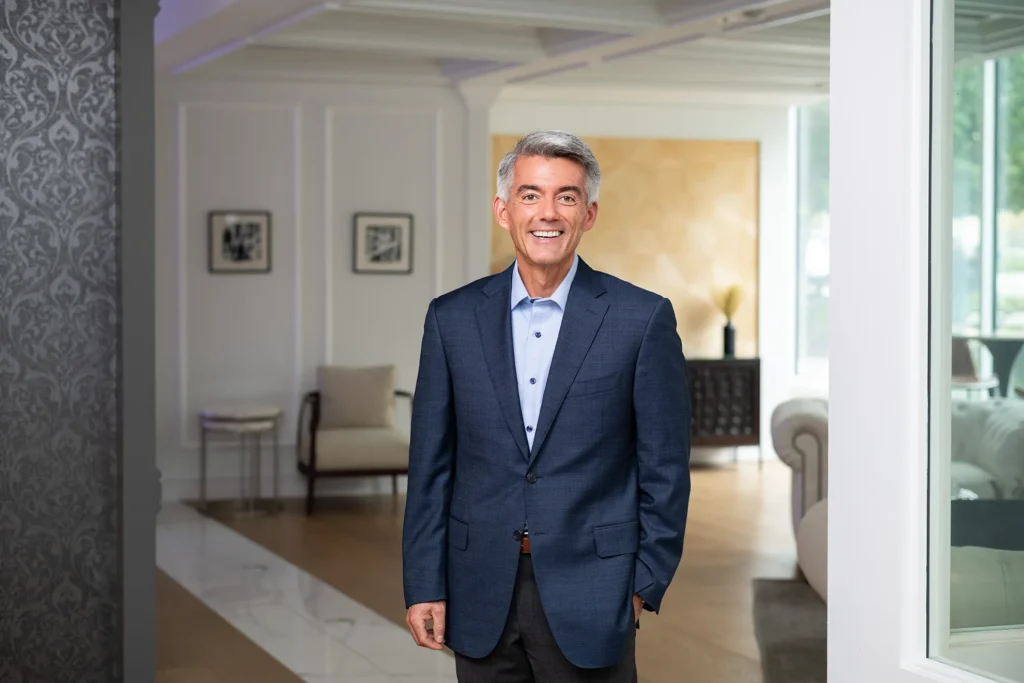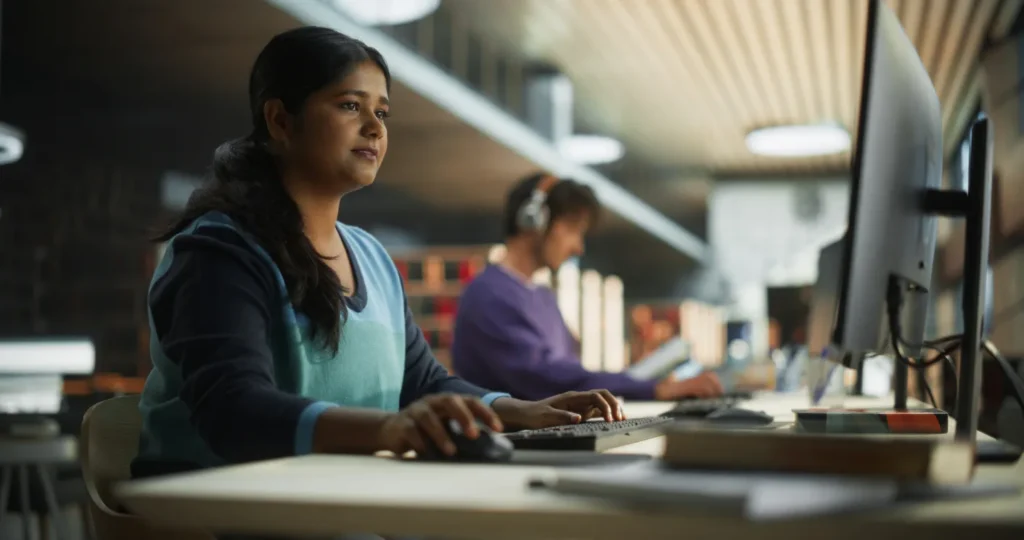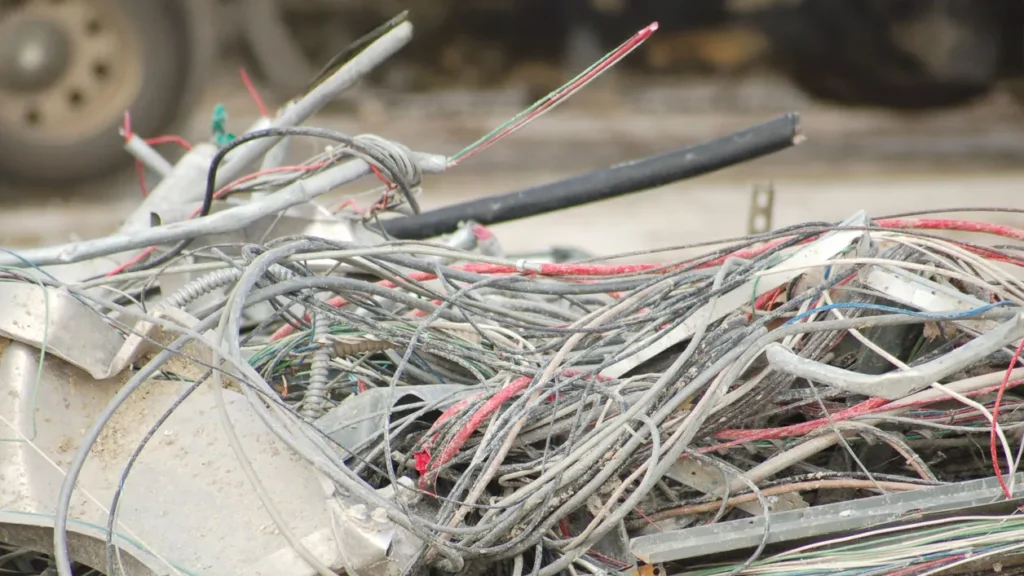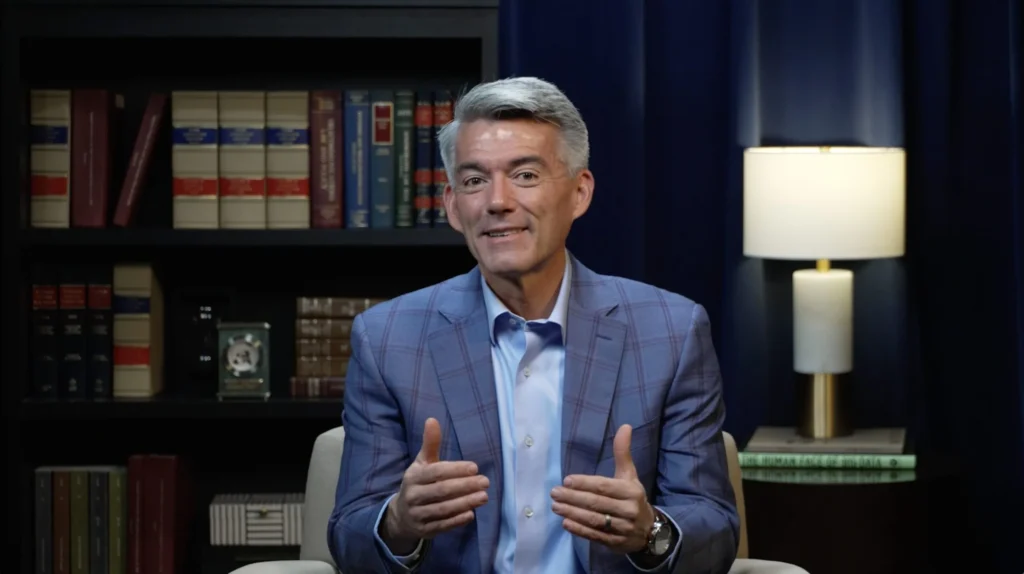In anticipation of Diversity Week, when thousands will gather in New York City next week to encourage and advance diverse initiatives across the cable industry, we spent some time getting to know our Woman of the Year honorees who will be awarded with WICT‘s highest honors at the annual WICT Touchstones Luncheon. This week, we spoke with Sarah Barnett, president and general manager of BBC America, to learn more about her career challenges and highlights, and where she thinks the industry stands when it comes to gender diversity.
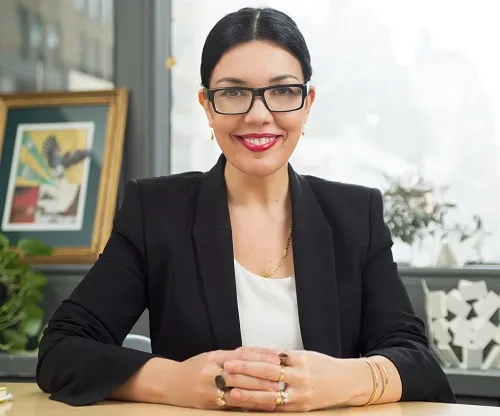 What does this honor mean to you?
What does this honor mean to you?
First, I would like to start by saying that I wish these kinds of things weren’t necessary, or that we need to have this category. But until there are an equal number of women in the top seats as there are men, and until women have equal access to those positions of power, this kind of advocacy is necessary and plays a very important role. In that context, this type of advocacy, at least for me, inspires and continues to bring energy to the conversation around what it is and means to be a female leader, and why there’s still work to be done to level that playing field. I regret the need for the category, but at the same time, given that it does need to exist, I am very delighted and honored to be Woman of the Year Programmer.
Tell us about a few of the highlights of your career journey and how they shaped you into the leader you are today at BBC America.
When I left BBC London to work for BBC America, I left a huge bureaucratic organization, where I had valued expertise, and where the training was phenomenal. When I came to BBC America, which was much smaller and entirely different, you had to roll your sleeves up. You had to jump in. It was more about getting the job done and making quick decisions. And I was terrified. But then I started to realize that the experience was helping me to flex different muscles, and in an entrepreneurial sort of way. I learned to think on my feet. Though it was an uncomfortable experience at first, in pushing through I came to learn how to work this way and how to produce tremendously valuable work.
What are the biggest challenges you face in your job today? The biggest rewards?
The industry is changing so much around us. Running any cable TV network at a time where the landscape is changing so much means you have to be really agile and you have to constantly evaluate everything. What’s the new game? What do we focus on, and what do we not focus on? Working with the BBC America team has been something I’m very proud of, because it’s not always easy, especially when you go through an acquisition. But I think that the results that we’ve driven are a testament to how extraordinary the team is, and how we’ve done a lot of work on our ever-changing structure amid an ever-changing pay TV sector world.
Give us your take on how women are portrayed on television these days.
The headline is getting better, but it’s still not good enough. There’s still work to be done. I think the conversation around the representation of women, people of color, and other aspects of diversity and inclusion is definitely a conversation that is becoming more foregrounded. The work is long and slow, and you have to keep pushing.
Change doesn’t happen because we have legislation or quotas or because we believe it should. I think change happens when you really go to the place of interrogating your own biases and prejudices, and you make those unconscious beliefs conscious. You start to look at these complex ways in which we have expectations around something like gender, and then you look at how those expectations and beliefs inform the reality we create. There is a deep and sophisticated evolution towards that kind of understanding of how and why prejudices play out.
As a programmer, there are opportunities to make certain choices. The fact that BBC America has a show like Orphan Black is great because it’s about that very thing, the representation of women. And [the show does it] in a fun, flashy, entertaining, sci-fi kind of form. Supporting those kinds of stories is important. We have a show still in production right now, starring two female leads, and underpinning it are some feminist themes around women and friendships. It’s a constant conversation that centers around the representation of women, and a really vital and energetic one.
What can the television industry do to better serve and support women, behind the scenes and on the screen?
Organizations like WICT that are shining a light on these issues are really helpful. I think there’s great work going on and organizations are increasingly getting engaged with these issues, and that should be encouraged. It’s crucial to be candid and serious about what we can all do, and to bring people along. There’s a whole conversation around unconscious bias. We all have deeply encoded stories and beliefs about gender. There’s no shame in that, and I think that talking about that and bringing understanding is something that is happening.
What would you say to a young woman who aspires to a leadership position in programming?
Don’t be fixed to any trajectory. Be resolute, but be flexible. Don’t be thinking, ‘Oh I need that promotion in a year.’ Don’t be too attached to the shape your course needs to take and the speed. Be really engaged with the work. There will be failures. We’re humans, we all mess up. Things will be unfair, but pick yourself up and keep going. Be resilient. Allow yourself to not only tolerate but also actively seek out those places that make you feel uncomfortable, because that’s when you’ll really stretch yourself and grow. Hold true to what it is that you want and your values, yet be open and curious to the path that it will take you to get there.

